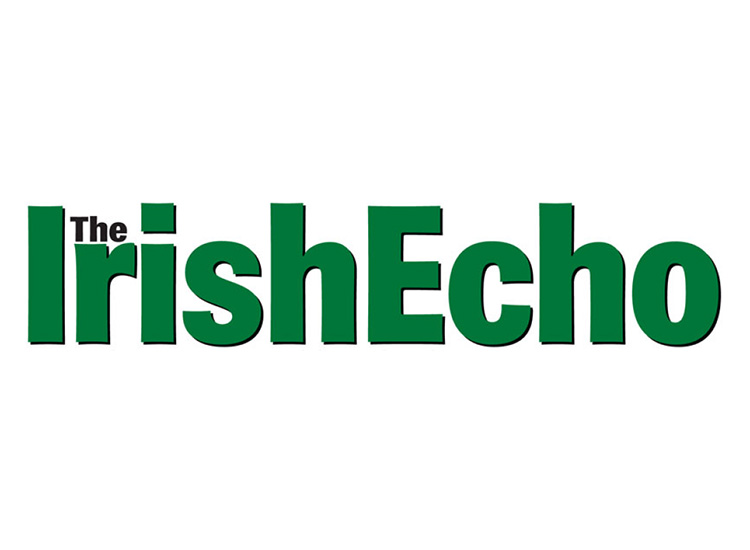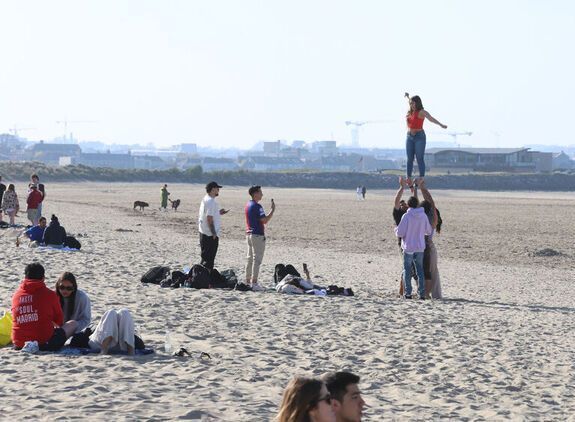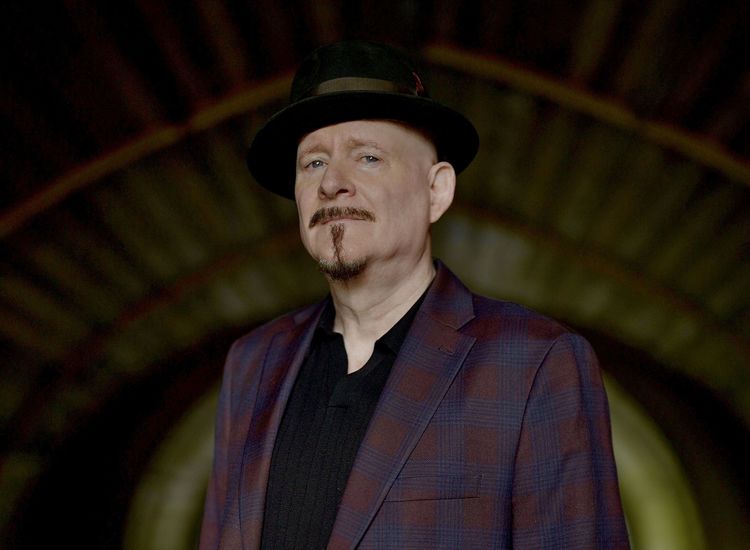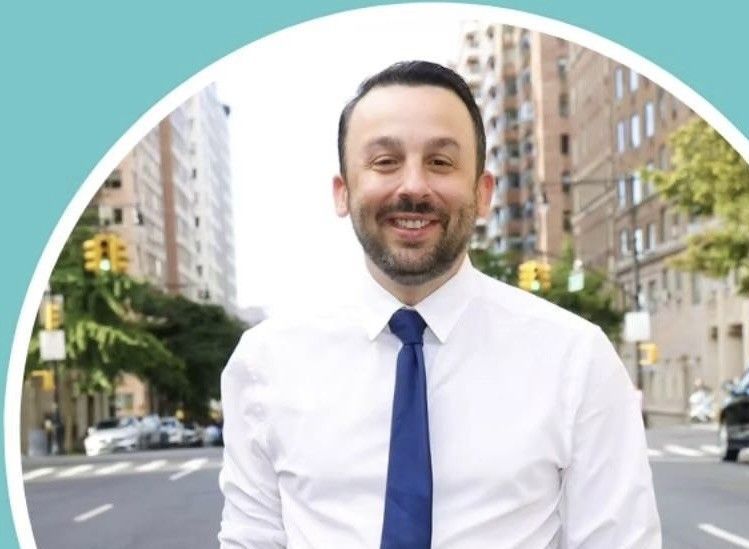By Ray O'Hanlon
The Irish government was hanging on to power this week, determined to deliver a cost slashing budget on Dec. 7 even as it bowed to pressure and accepted the principle of a €90 billion bailout from the European Union and International Monetary Fund.
What was primarily an economic and fiscal crisis became also a political one as the Green Party, the junior coalition partner in government with Fianna Fáil, broke ranks and called for a general election.
Taoiseach Brian Cowen appeared to accept political reality, not to mention the calls from all sides for such a poll when he announced Monday that there would be a general election in the New Year, this even though his government could theoretically postpone such a vote until 2012.
John Gormley, the Green Party leader and environment minister, had said early Monday he wanted a date for the vote to be set for January.
The dramatic call came less than 24 hours after Cabinet ministers agreed to ask the International Monetary Fund and European Union for a multibillion bailout - a plea that has been widely decried as unprecedented humiliation for a country that only a few years ago boasted one of the world's highest flying economies.
"It has been difficult. We have taken tough decisions and put the national interest first. We cannot go back and reverse the property bubble and the reckless banking which we consistently opposed. Nor can we control the market turmoil which has afflicted the euro area," Gormley said.
"We have taken extensive measures to recognize the losses and stabilize our banking system. It is now clear we need further measures to give market confidence about our banks and public finances," he said.
Gormley said that he felt the government was not being completely open with the public and that he was effectively operating under orders.
"I regret very much that the country is in the hands of the IMF and I think I and my colleagues are deeply upset by what has happened, but we believe that we had to stay in government at times to act in the national interest," he said.
Cowen had little choice but to agree to an election. The Green Party's decision to call for an election signaled that it might pull its support from the budget. If just one line item in a budget is defeated in the Dáil, a general election is automatic.
In the meantime, the taoiseach was holding the line against calls from main opposition party Fine Gael to bring forward the budget by two weeks.
Instead, he took the position that the budget would come first, followed by the election. The details of the budget, will however, be published this week.
As well as fending off an emboldened opposition, Cowen is also having to consider growing backbench discontent in his own party.
There were reports Tuesday of a group of backbench Fianna Fáil TDs dissatisfied with Cowen's leadership who, according to an Irish Times report, were due to meet Tuesday to discuss "a strategy in relation to a motion of no confidence" in the taoiseach.
Sinn Féin, meanwhile, placed a motion before the Dáil of no confidence in Cowen.
Fianna Fáil, seemingly buying as much time as possible, was warning that the securing of a bailout was contingent on the budget being presented and passed by the Dáil.
Cowen, speaking in the Dáil Tuesday night, said that his "sole motivation" for sticking to his position and his job was "to ensure that a four-year plan is published, and that a budget is passed by this house."
Even if the budget is passed, however, it is being reported that follow-up legal requirements could possibly delay a general election until February or perhaps March. Either way, a general election against the backdrop of the very worst of economic circumstances is now inevitable.










